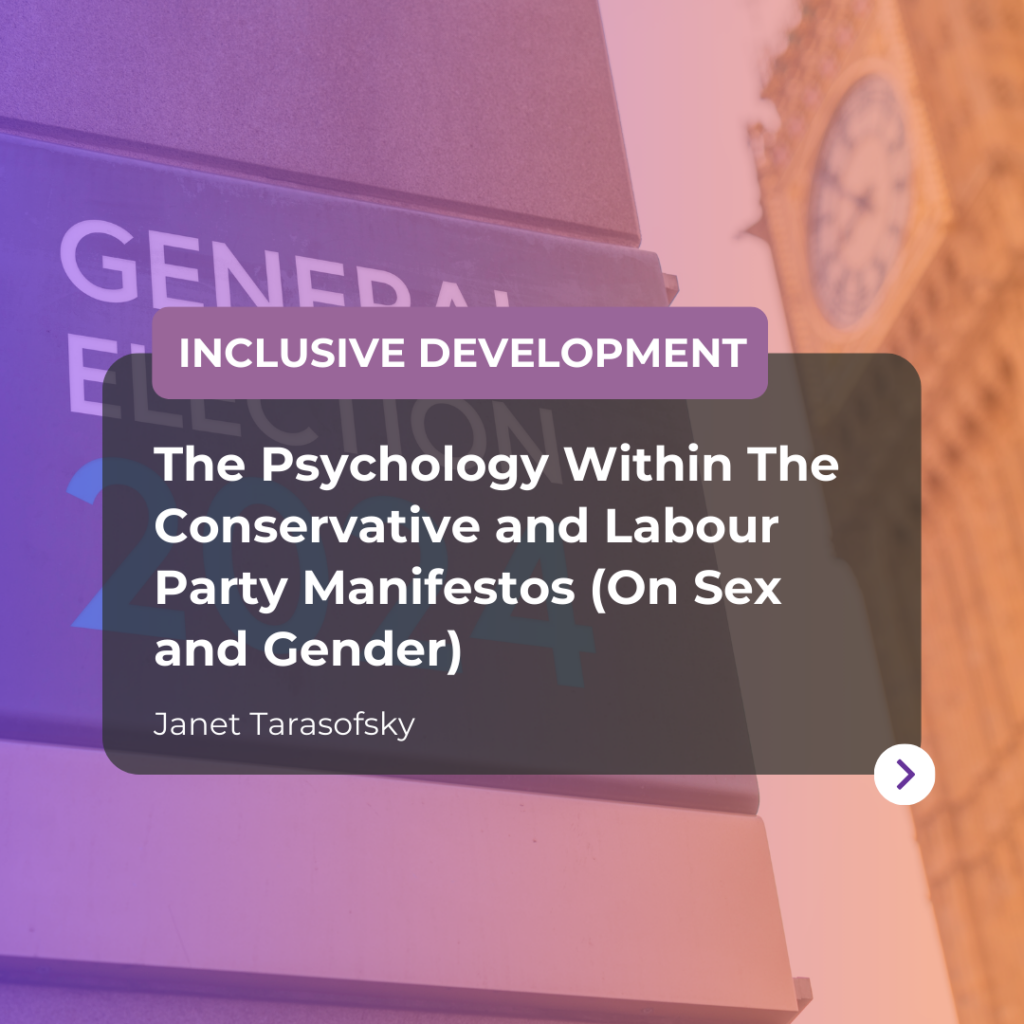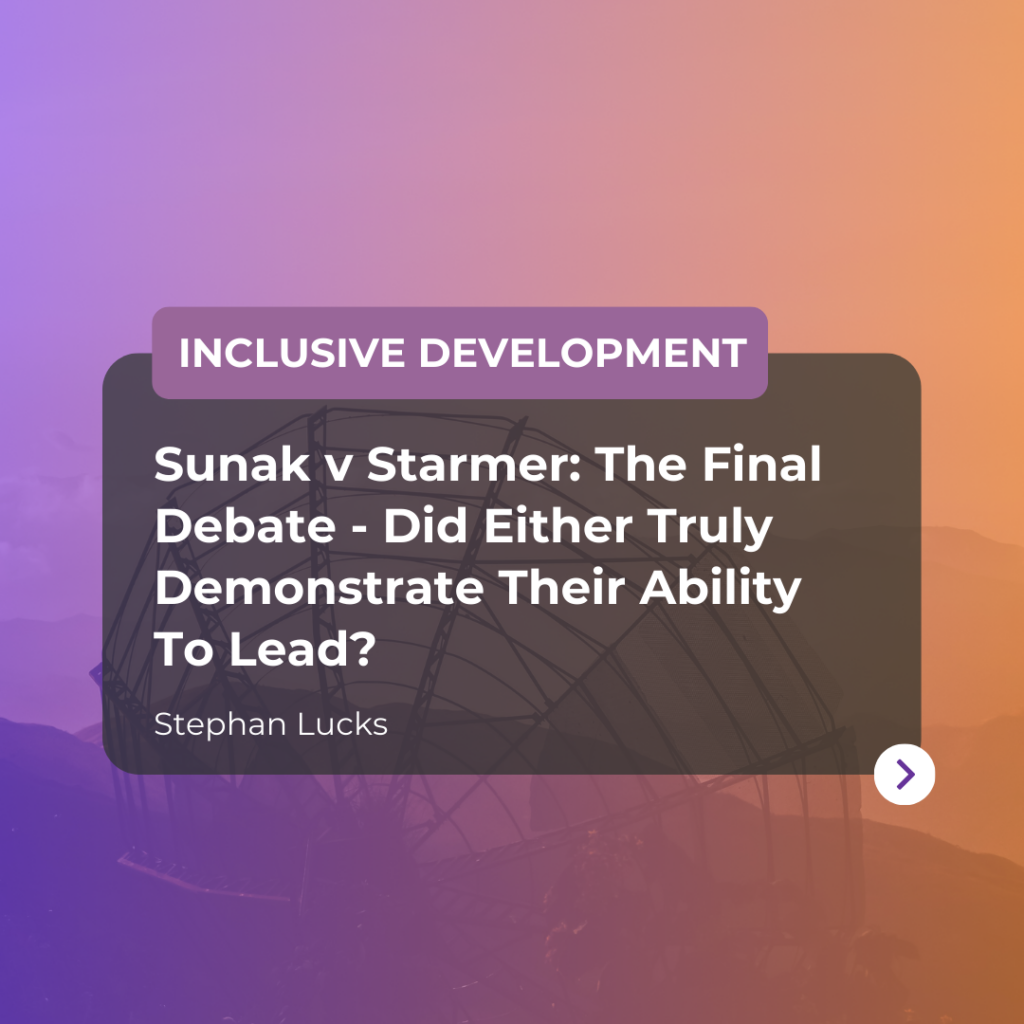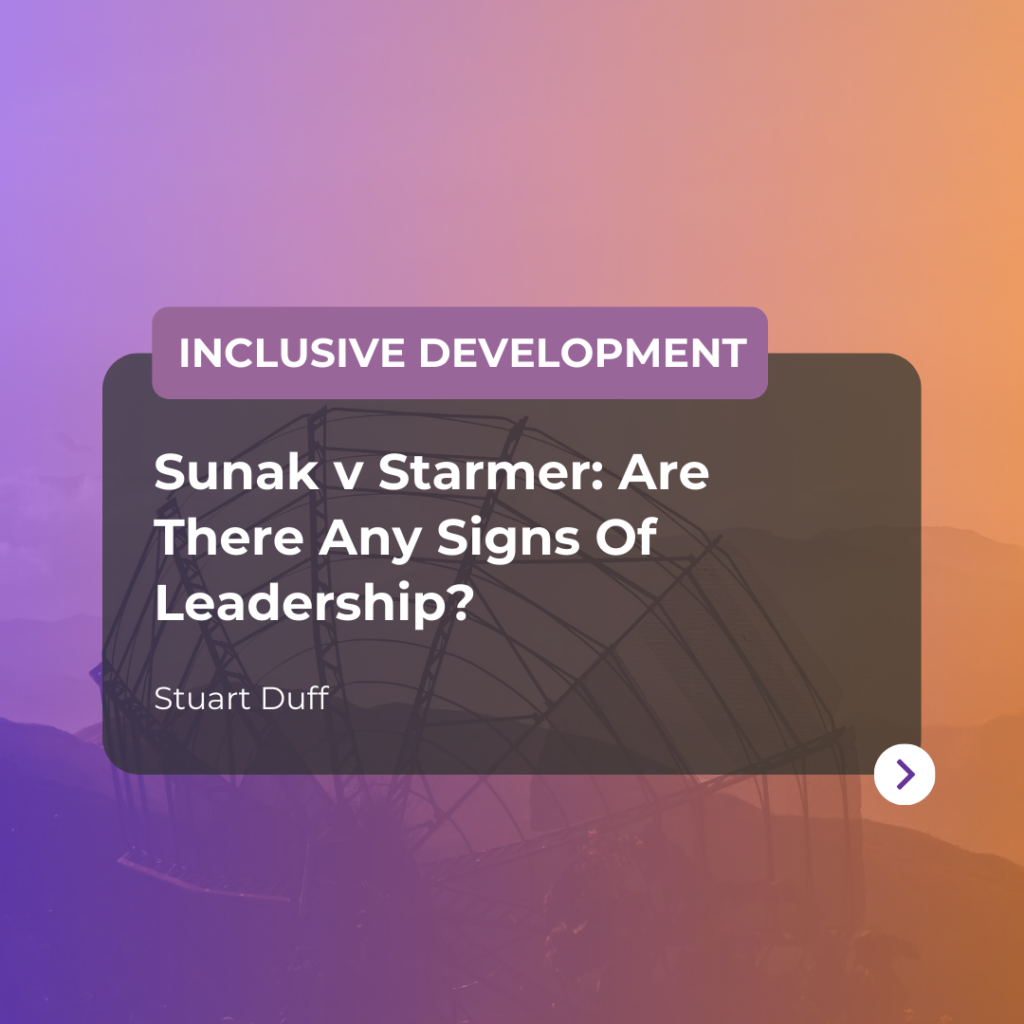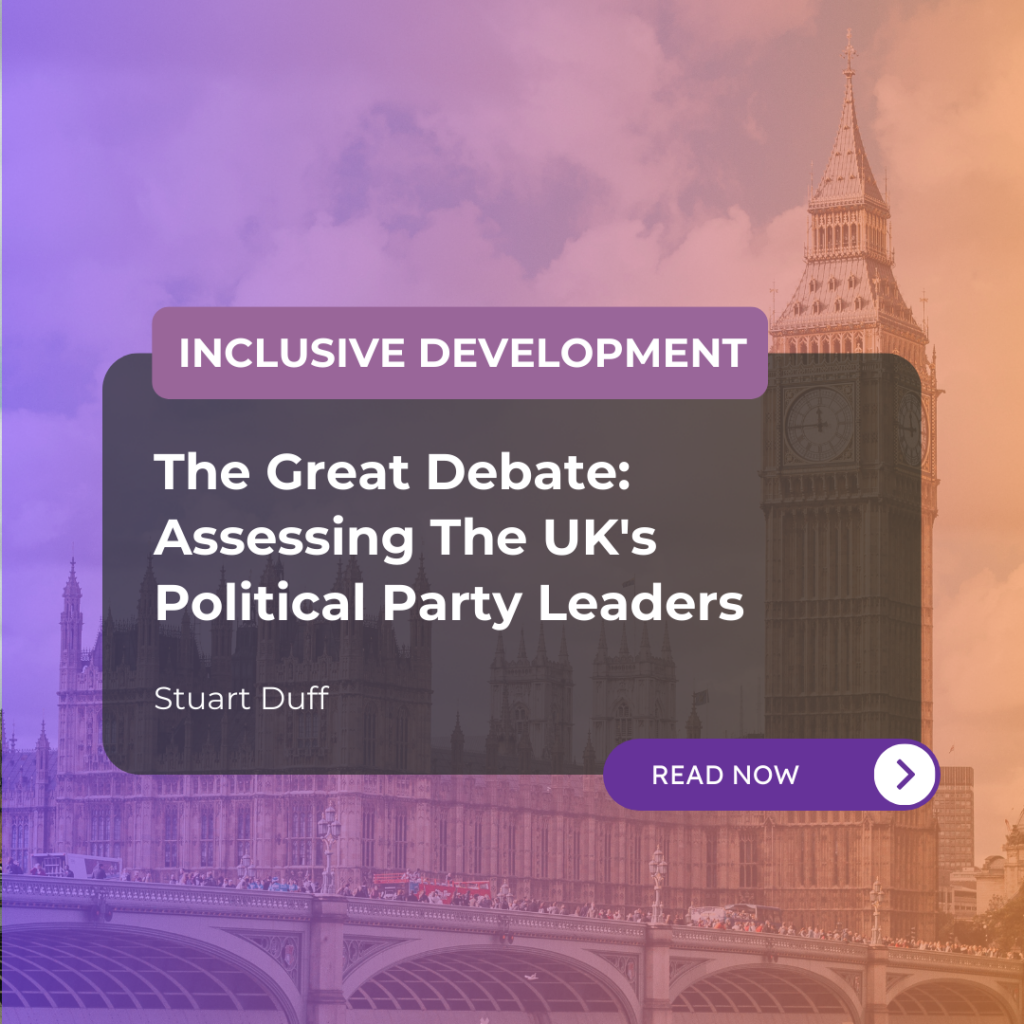Leading agile and dispersed teams requires many of the qualities that you would associate with leaders of centralised teams. Without doubt, however, agile working throws up an additional set of challenges and risks that are not always obvious.
Our research with agile teams also enabled us to look at how leaders successfully engaged and supported their teams when they were dispersed and agile. We looked at the leadership skills and behaviours that were considered to be the most important for leading remote teams and looked at some of the specific strategies that leaders adopt to make sure that they provide the direction, communication and support needed. We also identified the risks that remote and agile working brings to teams. Here are some of the key findings from our report.
The first and perhaps most important finding was the role that trust plays in effective work in dispersed teams. Trust is clearly a vital ingredient in any successful relationship, but it was consistently recognised as being the most important – and the most challenging – aspect of leading remote teams. Indeed, the greatest risks identified by leaders of dispersed teams are a fragile trust and the risk of being misunderstood or misinterpreted by others. Through our research we pinpointed two quite different aspects of trust. There is cognitive trust (where trust is given to someone on the basis of their knowledge, expertise and decision making skills) and there is emotional or affective trust (where trust is given to someone on the basis of how open they are, how supportive and how caring they are in building relationships).
Both aspects of trust are important in a productive relationship at work, but we found that less effective leaders over-emphasised cognitive trust at the expense of building emotional trust. Meetings were focused tightly on agenda, facts and decision making, rather than also inviting perspectives or sharing how people were feeling about the issues they were working on. Those leaders who made time for both were seen as being much more successful and effective in their role.
Another remarkably consistent finding was that nothing replaces the value and importance of face-to-face contact. This may sound obvious to some, but nowadays there are many easy and efficient ways to communicate through technology. We found that the less effective leaders over-relied on email and voice calls, without making the effort to meet face to face or to use video conferencing wherever possible. What is lost are subtle yet vital elements of communication and contact: body language, tone and many of the factors associated with affective trust.
One other important aspect of effective leadership (and something that we hadn’t anticipated) is just how much more organised and planful leaders of remote teams need to be. When teams meet regularly, it is easy to have spontaneous, off the cuff discussions to keep colleagues up dated on what is going on. When meetings are infrequent and remote, however, it becomes essential to invest more time in preparation in order to ensure that time spent as a team is as valuable as it can be.
For more information on Pearn Kandola’s research into agile working please contact info@pearnkandola.com








